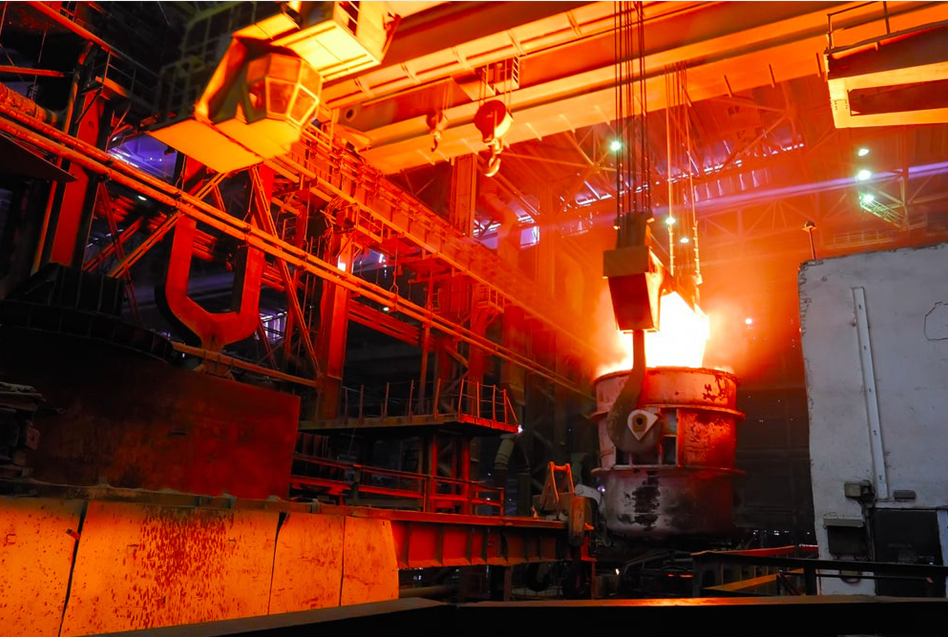Aluminum has become one of the most widely used materials in various industries due to its lightweight, high strength-to-weight ratio, and excellent corrosion resistance. As a result, aluminum machining has become an essential process in precision manufacturing. In this comprehensive guide, we will explore the various aspects of aluminum machining, including its advantages, common machining processes, and important considerations.
Advantages of Aluminum Machining:
1. Lightweight: One of the key reasons for the popularity of aluminum is its lightweight nature. This makes it an ideal choice for applications where weight reduction is critical, such as aerospace, automotive, and transportation industries.
2. High Strength-to-Weight Ratio: Despite its lightweight, aluminum exhibits impressive strength. It offers a high strength-to-weight ratio, making it suitable for applications that require both strength and reduced weight.
3. Corrosion Resistance: Aluminum has excellent corrosion resistance properties, thanks to its natural oxide layer. This makes it ideal for applications in marine environments or where exposure to moisture is prevalent.
Common Aluminum Machining Processes:
1. CNC Machining: Computer Numerical Control (CNC) machining is a widely used process for aluminum machining. It involves the use of computer-controlled machines to precisely shape and cut aluminum components. CNC machining offers high precision and repeatability, making it suitable for complex and intricate designs.
2. Turning: Turning is a machining process that involves rotating the workpiece while a cutting tool removes material to create the desired shape. In aluminum machining, turning is commonly used to produce cylindrical or conical parts such as shafts, bolts, and fittings.
3. Milling: Milling is a versatile machining process that involves removing material using rotating cutters. It is commonly used for creating complex shapes and features on aluminum components. Milling can be performed using vertical, horizontal, or multi-axis machines, depending on the complexity of the part.
Important Considerations in Aluminum Machining:
1. Tool Selection: Choosing the right cutting tools is crucial for achieving high-quality aluminum machining. Carbide or high-speed steel (HSS) tools are commonly used due to their excellent heat resistance and durability. The selection of the tool geometry and coatings should also be considered to optimize performance and tool life.

2. Cutting Parameters: Proper selection of cutting parameters such as cutting speed, feed rate, and depth of cut is essential for achieving efficient and accurate aluminum machining. These parameters should be optimized based on the specific aluminum alloy being machined to ensure a balance between productivity and surface finish.
3. Chip Control: Aluminum machining produces long, stringy chips that can cause issues such as tool wear, poor surface finish, and chip entanglement. Using appropriate chip control techniques such as high-pressure coolant, chip breakers, and chip evacuation systems is vital to ensure smooth machining operations.
4. Workholding: Securely holding the aluminum workpiece is critical to avoid issues such as vibration, deflection, and poor dimensional accuracy. Various workholding methods, such as clamps, vises, and fixtures, can be employed depending on the size, shape, and complexity of the part.
In conclusion, aluminum machining plays a crucial role in precision manufacturing due to the numerous advantages offered by this versatile material. By understanding the advantages, common machining processes, and important considerations, manufacturers can optimize their aluminum machining operations for enhanced productivity and high-quality finished products.
-

- Magnesium alloy thixomolding components
-

- Erittäin tarkkoja magnesiumtiksomuovauskomponentteja kannettavan tietokoneen kotelon kansi A
-

- Magnesium alloy foundry parts bicycle wheel with CNC machining & surface finishing
-

- Magnesium-alumiiniseoksesta valmistettu lasten pyörä 3-8 vuotta vanha halvalla kuumalla 14 tuuman lasten pyörä FOREVER tukkumyynti 2022
-

- Mangensiumseoksesta painevalu Thixomolding metalliosat
-

- Magnesiumseoksesta muovattavat UAV-osat

 0086-750-5616188
0086-750-5616188 +86 13392089688
+86 13392089688 sales@zhongmei-tech.com
sales@zhongmei-tech.com







